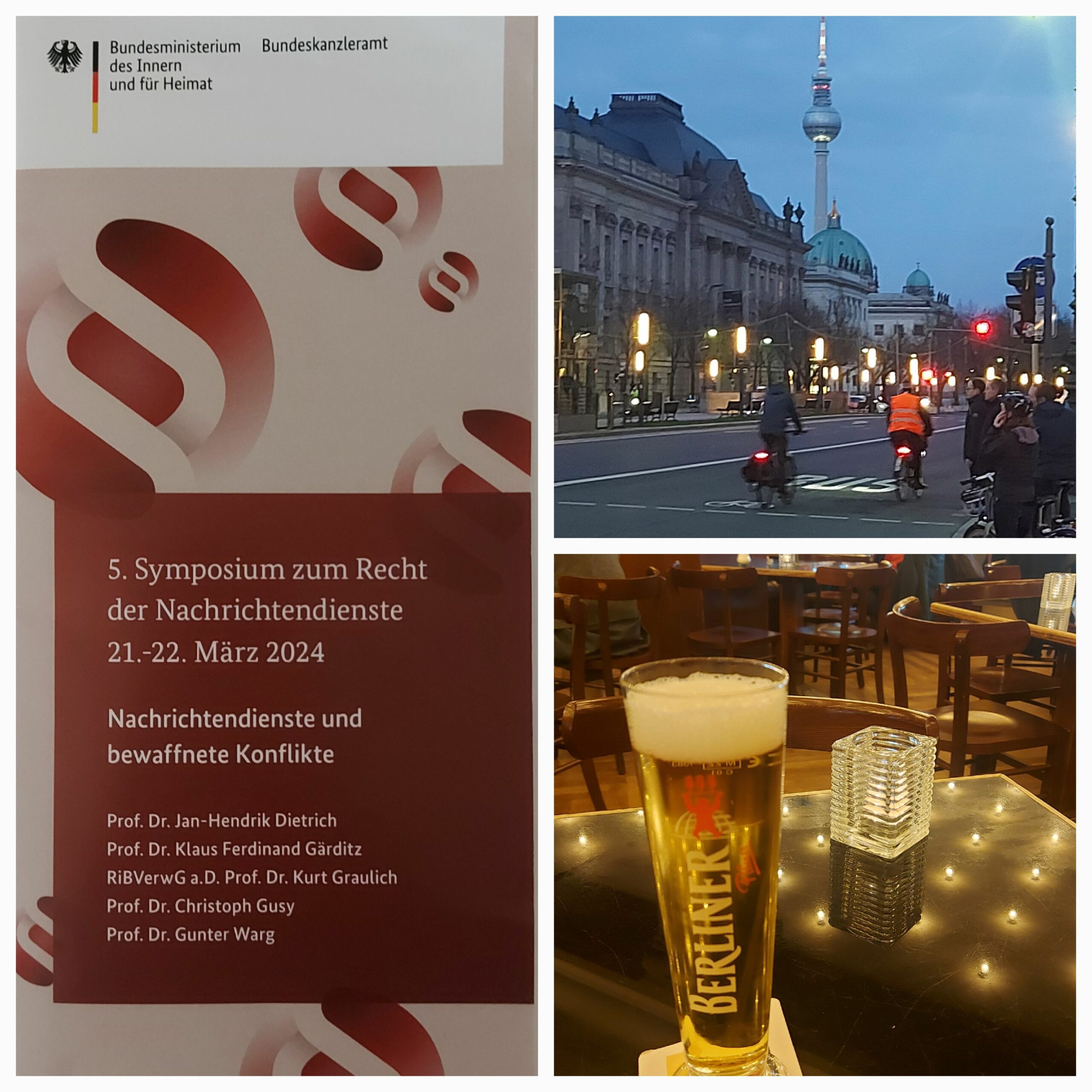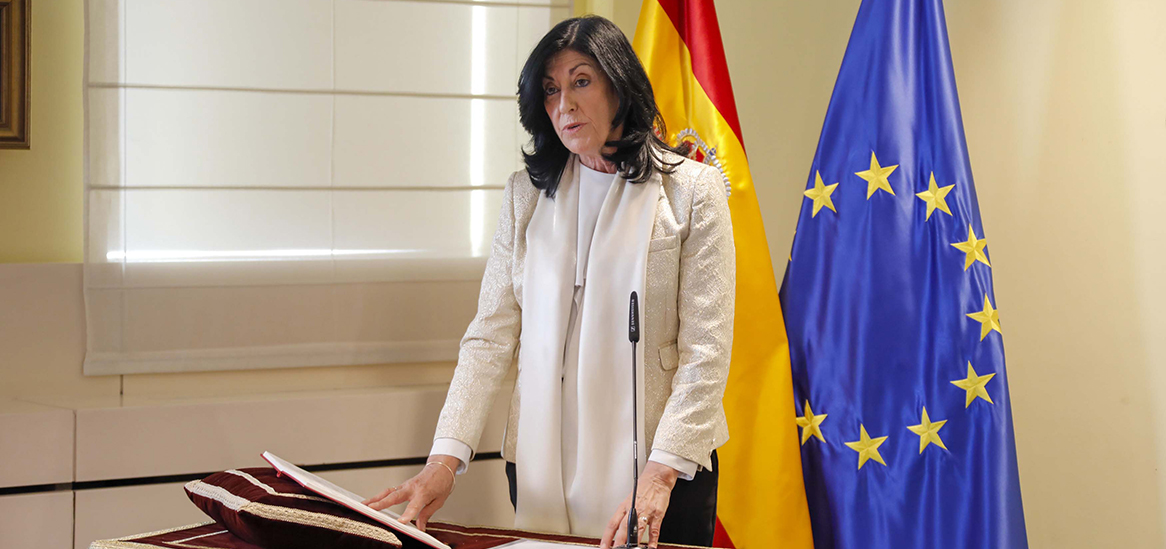Latest publications

ALLEMAGNE SYMPOSIUM DROIT ET SERVICES DE RENSEIGNEMENT

Spain took the presidency of the ICE for 2024
On February 1, 2024, Spain assumes the Presidency of the Intelligence College in Europe. The Secretary of State Director of the CNI, Esperanza Casteleiro, sends a letter for the occasion in which she highlights that Spain will try to be up to its predecessors and foster internal dialogue, the participation of all countries and the continuity of ongoing projects.

Letter from the Secretary of State Director of the CNI
On February 1, 2024, Spain assumes the presidency of the Intelligence College in Europe. The Secretary of State Director of the CNI sends a letter for this reason, thanking the previous presidency for its work and hoping that the new Spanish presidency can continue in the same line also contributing to ensure that the College continues to strengthen and growing.
